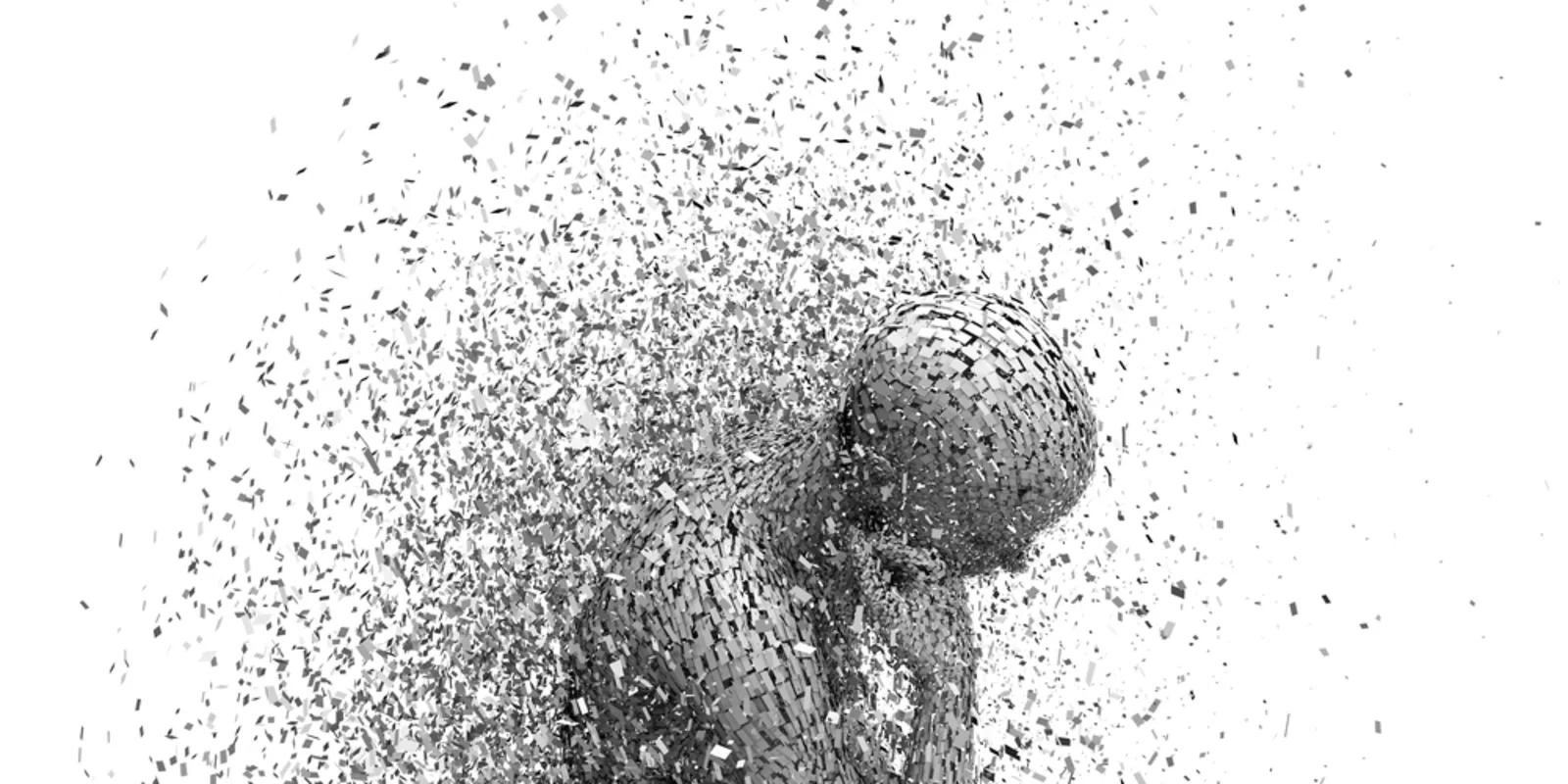
Lately there have been many articles about "depression" that seem to avoid mentioning specific psychiatric diagnoses listed in the “Diagnostic and Statistical Manual of Mental Disorders.” Instead, the strong implication is that "depression" itself is a disorder. These articles appear in the popular press, as well as in newsletters and newspapers for psychiatrists and other physicians. They explore such questions as: “Do antidepressants work?” And: “What is better for depression, drugs or cognitive behavioral therapy?”
Depression is discussed as if it were a single phenomenon that, at best, exists on a continuum from "mild" to "moderate" to "severe." This type of wording is highly misleading, but does not necessarily reflect true ignorance. Often, different entities (e.g., big Pharma) have a vested interest in conflating different psychiatric conditions to sell more product.
"Depression" is a mood state and as a symptom, it can be part of many different psychiatric disorders that are, despite some overlap in symptomatology, as different as night and day when it comes to clinical presentation and response to various treatments.
Diagnoses include major depression (both unipolar and bipolar), dysthymia, adjustment disorder with depression, depression due to a medical condition, and depression due to a substance. Medical conditions that can lead to depressive symptoms include hypothyroidism, some strokes, and stimulant withdrawal. Furthermore, "depression," as used colloquially, can be a normal mood that is part of broader unhappiness or grief.
An essential diagnostic distinction exists between major depression (MDD) and dysthymia. Although we don't know enough about the brain to know the exact causes of either, and there is overlap in symptomatology, they appear (for the most part) with very distinct clinical presentations.
Dysthymia appears to be more of a psychological reaction, while MDD probably involves the limbic system. The latter, unlike the former, is accompanied by a whole array of chronic, persistent (lasting all day every day for at least two weeks), and pervasive (coloring all aspects of the patient's mental life) physical symptoms—all present at the same time—involving sleep, appetite, ability to experience pleasure, energy level, motivation, and concentration.
Furthermore, someone in a MDD episode reacts completely to life's normal ups-and-downs differently than they do when they are not in the middle of an episode. These people stay depressed, regardless of the life events occurring around them.
The most severe form of MDD is melancholic depression—and it’s rare. Most people have never seen a case, unless they work in a psychiatric hospital. People with melancholic depression exhibit psychomotor retardation, meaning they move and think at a snail's pace. It takes them longer to respond to verbal interactions. They can even appear to have significantly impaired memory. One cannot spend more than an hour with them without realizing that this condition has next to nothing in common with the type of "depression" people see in their everyday lives.
In severe MDD, psychotherapy (except to encourage medication treatment) is a waste of time. Sufferers literally do not have the mental wherewithal to engage in any kind of problem-solving or other interactive activities with a therapist. And I say that as an advocate of psychotherapy.
Patients with dysthymia, on the other hand, rarely respond to antidepressant medication (although drugs can be useful for co-morbid symptoms such as panic attacks, obsessive ruminations, and the affective instability characteristic of borderline personality disorder). For these folks, psychotherapy is essential.
Patients can also have something called double depression wherein they have episodes of MDD and, in between episodes, also be dysthymic.
In my experience, a significant percentage of researchers who do drug and psychotherapy outcome studies make only a half-hearted effort to differentiate dysthymia from MDD. They do not spend time ensuring that patients understand the pervasiveness and persistence criteria that differentiate the two disorders. They avoid taking a complete psychosocial history to distinguish psychological from limbic system factors.
Furthermore, for studies conducted in partnership with private contract research organizations, experimenters get paid only if they recruit a subject, and subjects get paid only if they get recruited—giving a financial incentive to everyone to exaggerate symptoms in order to qualify.
People with suicidal ideation, comorbid conditions, and significant personality pathology are excluded from studies. This eliminates the vast major of subjects that have any of the psychiatric disorders in which depression is a symptom.
Once a MDD episode starts, it takes on a life of its own. However, chronic unhappiness, anxiety, and stress may be risk factors for triggering a MDD episode. If someone is genetically vulnerable to an episode of MDD, chronic unhappiness might make an episode more likely.
Asking questions like, “Should we treat depression patients with medications or therapy?” is silly. It's a bit like asking, “Which treatment should people who have severe heart disease get, bypass surgery or high blood pressure medication?” These treatments address completely different aspects of the disorder. In MDD, drugs should be used during the acute disorder, but psychotherapy should be given later to address personality and relationship risk factors (in order to reduce the likelihood of subsequent episodes).
Image: Illustration Forest / shutterstock
David Allen, MD is Professor Emeritus of Psychiatry at the University of Tennessee Health Science Center. He writes about the relationship between family dysfunction, its historical causes, and self-destructive behavior in individuals. His first self-help book, Coping with Critical, Demanding, and Dysfunctional Parents: Powerful Strategies to Help Adult Children Maintain Boundaries and Stay Sane, was recently published by New Harbinger. He is a contributor to Psychology Today.






